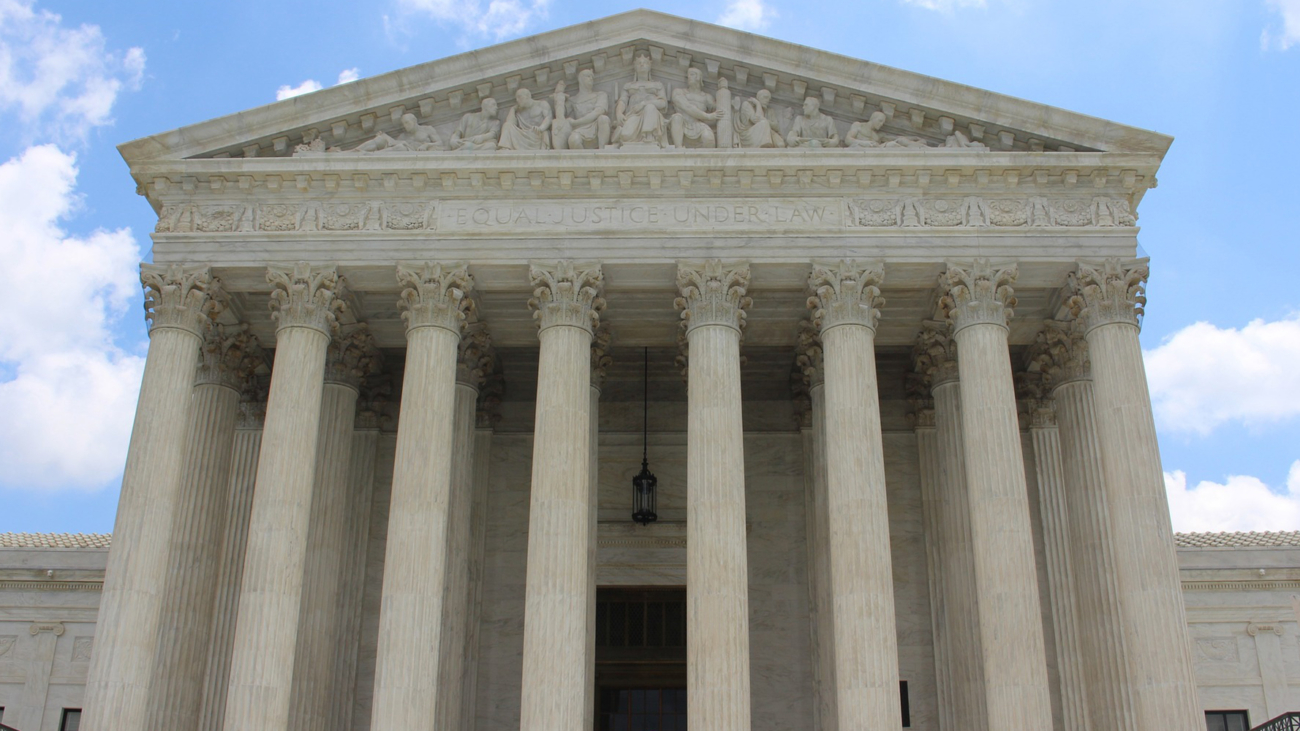The firm represents treatment centers, sober homes, and sales and marketing professionals under investigation or accused of health care fraud and abuse. Treatment center fraud is increasingly common in South Florida.
Indeed, this week another treatment center fraud prosecution has concluded. Yet, the fact pattern is nothing new and something which I have addressed in previous posts. This prosecution is also a by-product of the treatment center fraud Kenny Chatman prosecution — given that Michael Bonds, an owner of one of the sober homes which referred patients to Chaman, is listed in the factual basis forming the basis for one of the guilty pleas and is likely cooperating — and was spearheaded by the same federal prosecutor that promised to pursue the labs involved in facilitating the sober home-treatment center fraud.
The owners in the newest prosecution out of Palm Beach operated Angel’s Recovery which was a licensed substance abuse service provider (or treatment center) offering clinical treatment services for persons suffering from alcohol and drug addiction and medication-based treatment for opioid addiction. To obtain referrals of patients from sober homes, defendants paid kickbacks, i.e., free or reduced rent or patients attending sober homes, insurance premium payments including deductibles and copays, and other benefits to individuals with insurance who agreed to reside at the sober homes and attend drug treatment. A separate entity paid the insurance premiums on behalf of the sober home patients to disguise the source of the kickbacks. The owners of the treatment center also employed as doctor as a medical director – whose license was eventually suspended but continued to prescribe medication including controlled substances, sign orders, and treat patients.
The patients were also presenting for urinalysis – including more expensive lab tests for confirmatory testing – several times per week. This is again, another yellow flag. While there is some level of discretion for deciding whether, and to what extent, an individual patient should be re-tested or undergo confirmatory testing under applicable SAHSA Guidelines and insurance carrier policies, there must be documented medical necessity for those tests.
Here are the precise facts forming the factual basis for one of the owners’ guilty pleas.
If you are a treatment center operator, or an employee or former employee of a treatment center or sober home operator and you have received a subpoena or you believe you may be under investigation for sober home or treatment center fraud, kickbacks, or patient brokering it is critical to contact a treatment center fraud Attorney.





